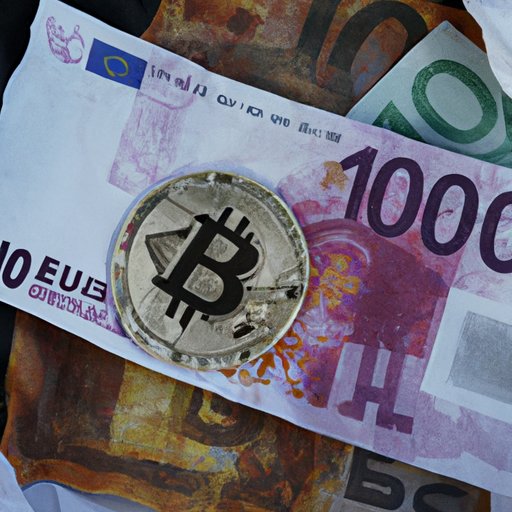
How Dirty is Money?
Money makes the world go round. It is a universally accepted mode of exchange that makes transactions easier. However, not all money is clean. Criminal organizations use it to fund their illegal activities, dirty banknotes are a breeding ground for germs, and money in politics often leads to corruption. In this article, we will explore the issue of dirty money, its history, germs on banknotes, cryptocurrencies and money laundering, dirty money in politics, and the environmental impact of money printing.
History of Dirty Money
Money has been used for illegal activities for centuries. In ancient times, criminals would use coins for ransom and extortion. In the modern-day, money laundering has become an essential part of criminal organizations. With the rise of globalization, criminals can now move money across borders and hide their illicit funds by investing in legitimate businesses or offshore accounts.
Germs on Banknotes
Banknotes are one of the dirtiest things we touch every day. According to a study conducted by Oxford University, the average banknote hosts around 26,000 bacteria. Germs, bacteria, and viruses can stay on a banknote for days, and people who handle them are at risk of contamination. Tips to minimize exposure when handling banknotes include washing your hands regularly or using a hand sanitizer, avoiding touching the face, and not putting banknotes in your mouth.
Cryptocurrencies and Money Laundering
The rise of cryptocurrencies has opened up new opportunities for money laundering. Transactions are anonymous and cannot be traced, which makes it difficult for law enforcement to track illicit funds. There have been efforts to regulate the industry, but the decentralized nature of cryptocurrencies makes it challenging. The benefits and drawbacks of cryptocurrency as an alternative to traditional currency are still a topic of debate.
Dirty Money in Politics
Money has always played a significant role in politics. The influence of lobbyists and special interest groups often leads to policies that favor their interests over those of the general public. Campaign finance reform has been a contentious issue for years, with efforts to reduce the influence of money in politics. The Supreme Court’s 2010 decision in Citizens United v. Federal Election Commission significantly weakened campaign finance laws and opened the floodgates for unlimited spending by corporations and unions.
Environmental Impact of Money Printing
Money printing has a significant environmental impact. The production of banknotes requires ink, paper, and energy, which all contribute to pollution and deforestation. Proposed sustainable alternatives to traditional currency include switching to digital payments or creating eco-friendly banknotes that are made from recycled materials or are biodegradable.
Conclusion
The issue of dirty money is a complex one that requires a multifaceted approach. It is our responsibility as individuals to be aware of the risks of contamination when handling banknotes, to demand accountability from our elected officials, and to support sustainable alternatives to traditional currency. Let us all work together to create a world where money is not used to fund illegal activities, does not harm our health, and is produced in an environmentally responsible manner.




